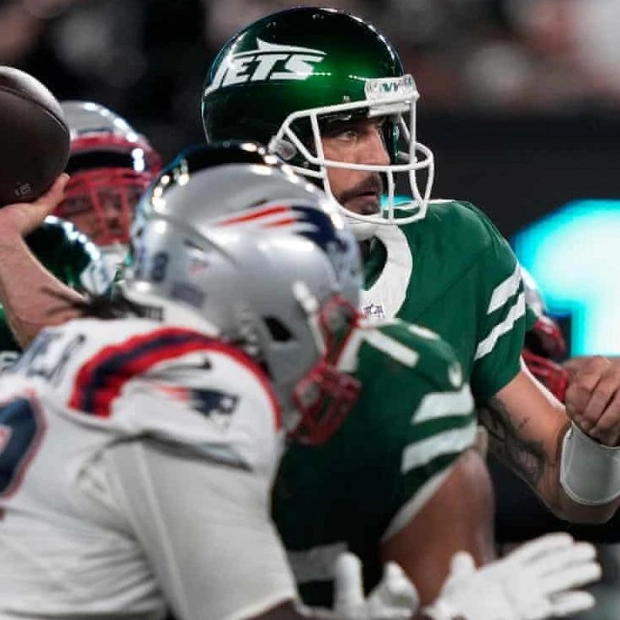When Fox first assembled the X-Men movie, producers scrutinized the comic pages, fretting over whether audiences would be turned off by the whimsical antics of the characters. Despite their concerns, they were equally enticed by the lucrative potential these characters held. Inspired by The Matrix, as Kevin Feige recounts, they opted to dress the team in black leather—and then slyly included a joke about yellow spandex to remind us of our supposed naivety for enjoying comic books. Fast forward nearly a quarter of a century, and Marvel Studios has revolutionized the industry, delivering visually stunning and faithful adaptations of characters like Wolverine, Ant-Man, Captain Marvel, and Spider-Man, among others. This transformation has netted them a staggering $30 billion. Yet, why do so many productions still shy away from embracing their comic book roots?
DC's recent release of Joker: Folie à Deux and the ongoing HBO series The Penguin—both dramatic portrayals of iconic DC villains—promise a deep dive into these characters as if they were real people. Both projects seem to implore viewers to overlook their comic book origins. The Penguin, as a spin-off of The Batman, has the most potential to stand out. It offers a unique opportunity to breathe life into Gotham in ways that don't necessarily fit into a movie format. Instead, it appears to be a homage to The Sopranos, focusing on a balding, aging mobster in New Jersey and his struggles to manage his family and expand his influence.
Before The Batman's release, I expressed concern that it might closely follow Christopher Nolan's blueprint. After watching the film multiple times, I can confidently say it's my favorite portrayal of a young Bruce Wayne. He strikes the perfect balance of inexperience and overzealousness, coupled with deep commitment and resourcefulness. The film's Gotham is also my favorite—a city that teeters between being too realistic for the story and too fantastical to be believable. The standout performances, including those by Robert Pattinson, Colin Farrell, Jeffrey Wright, and Zoë Kravitz, further elevate the film. However, The Penguin repeatedly evokes my initial fears. The film seems reluctant to acknowledge any aspect of Batman not derived from The Long Halloween, even altering Penguin's name to avoid appearing too comical.
The first Joker movie shares similarities with The Penguin. Both feature strong performances and are set in the Batman universe but avoid any elements that might evoke a comic book feel. Similarly, The Penguin's heavy reliance on The Sopranos undermines its originality, while Joker is a reinterpretation of Martin Scorsese's 1982 film The King of Comedy, featuring Robert DeNiro and paying homage to Scorsese's directorial style. The sequel, Joker: Folie à Deux, faces its own set of challenges.
The Penguin goes to great lengths to avoid any mention of Batman—no Bat Signals, no references to the vigilante's recent public emergence, and no concerns voiced by the mobsters. In a recent episode, the source of Falcone's new drug, Bliss, was unveiled. Fans hoped it might be linked to Scarecrow's fear toxin, given its introduction in Arkham Asylum. Instead, the choice seems deliberately designed to avoid any Batman references.
Directors often draw from a limited number of sources when adapting Batman, with Batman: Year One and The Long Halloween being prime examples. These adaptations aim to present Batman in a more plausible light, often at the expense of the rich lore provided by Batman: The Animated Series (B:TAS). B:TAS offered uniquely human perspectives on its villains. The episode 'Heart of Ice' reimagined Mr. Freeze as a tragic hero and won a Daytime Emmy. 'Birds of a Feather' followed Penguin's quest for social acceptance, revealing his vulnerability. Other episodes delved into Clayface, Two-Face, and Poison Ivy with similar depth. These characters were allowed to be quirky, artfully depicted, and retained their humanity.
It's entirely possible to treat Batman with the seriousness he deserves without stripping him of his charm. The Penguin and the Joker movies seem to suggest otherwise—that we must ignore the comic book elements to uncover what's compelling about these characters. But this is far from the truth.






